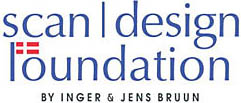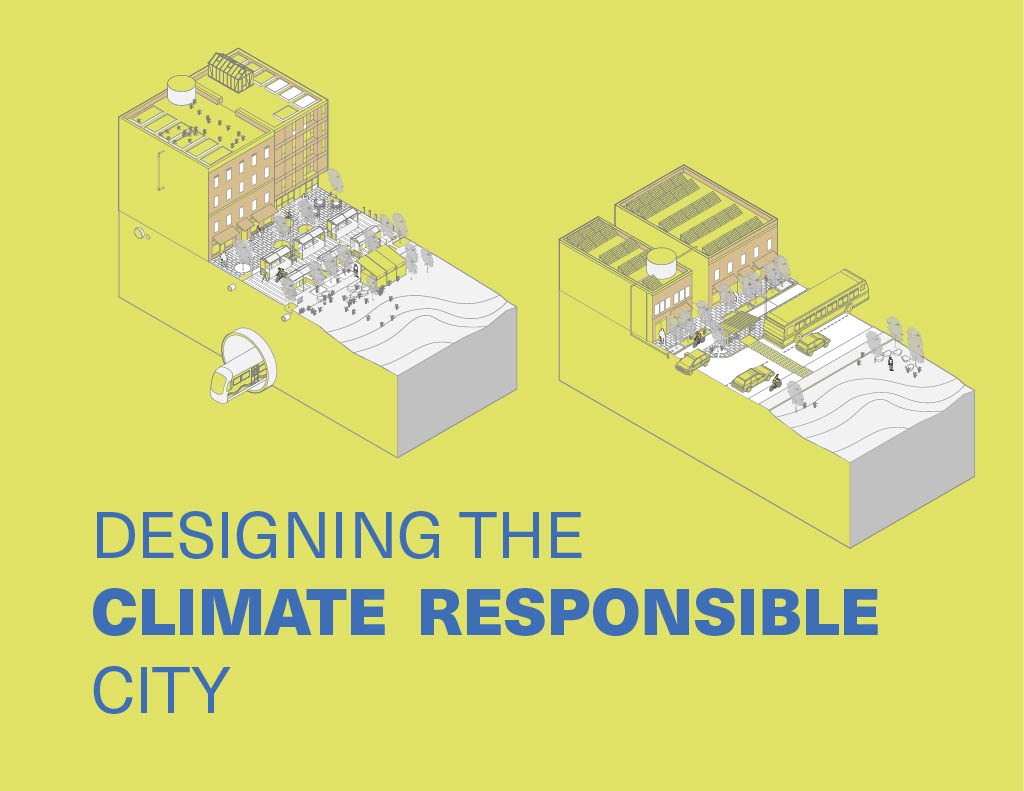October 4, 2023
Designing the Climate Responsible City
By Erin Irby + Sarah Lukins
Designing the Climate Responsible City presents actionable guidance for landscape architects, planners and urban designers seeking to mitigate greenhouse‑gas emissions and sequester carbon through their approach to shaping the built environment. The guide introduces clear frameworks for decoupling carbon from urban systems, mapping inputs, metabolic processes, and outputs, and demonstrates how circular‑flow thinking can be applied to energy, water, transportation, food systems, and green spaces. Illustrative diagrams unpack complex material and energy flows, and can enable practitioners to pinpoint high‑impact interventions across the urban realm. The publication equips professionals and students with analytical tools, precedents, and design practices to catalyze climate‑responsible cities.
About the GFL Intern Book Series
Cities consume significantly more energy and produce a disproportionate share of greenhouse gas emissions, making urban areas critical in mitigating the severity of global climate change. How do we get to the places we need to go? What volume of emissions is generated by essential services like fresh water provision and sewage disposal? How are materials – along with their embodied emissions – disposed of or reused? And how can community health and social wellbeing be prioritized alongside climate mitigation efforts? To address these and other pressing questions, Green Futures Lab interns produced a series of three booklets: Designing the Climate Responsible City, Materials Matter, and Climate Mitigation and Social Well-Being in Urban Design.
Partners + Funders




